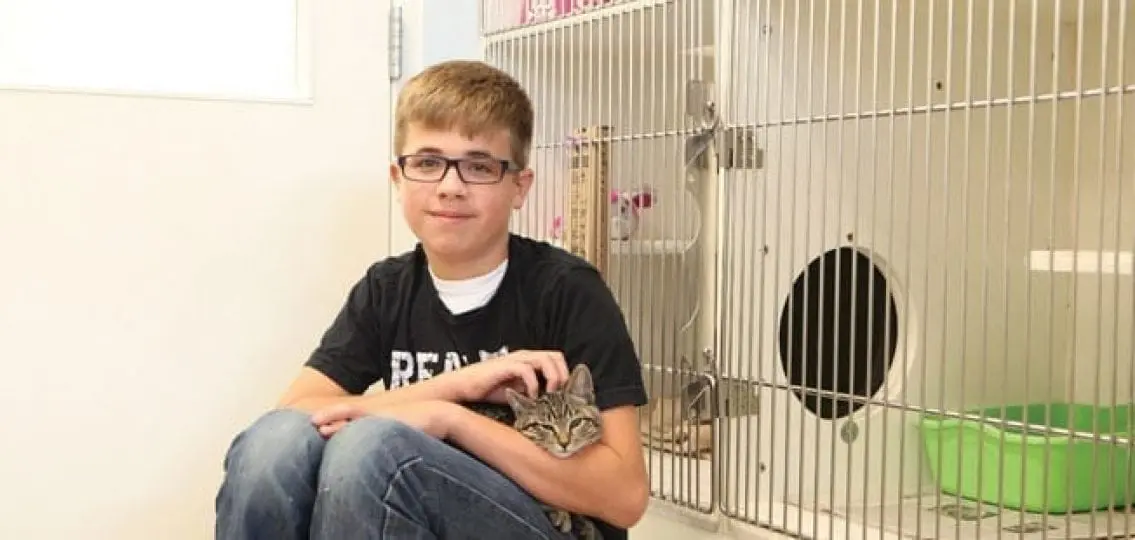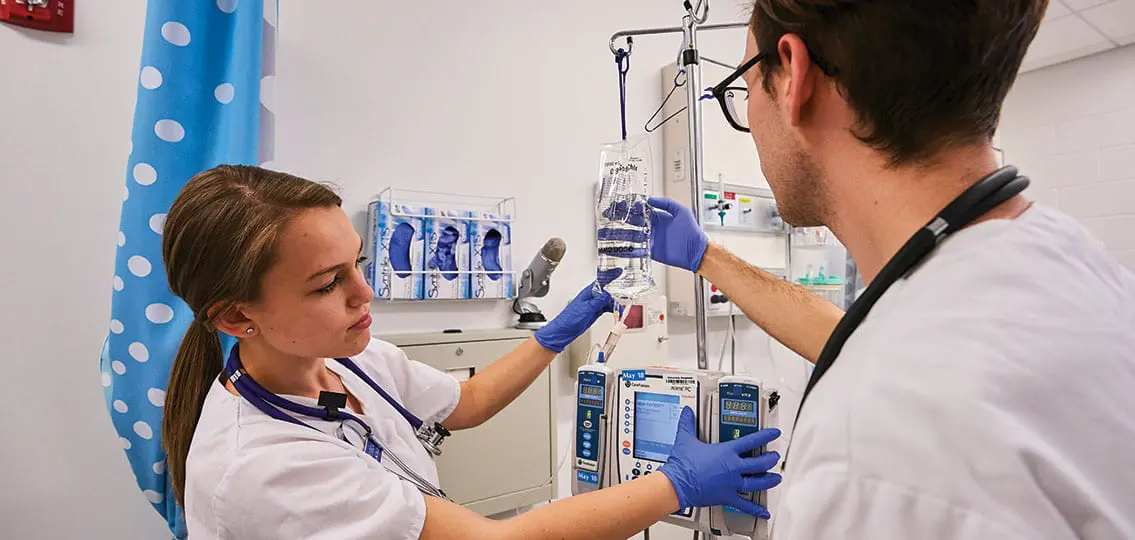My friend Michelle recently told me a story that might feel familiar to any parent of teens.

“My 14-year-old kept badgering me to take her to the store to get more of her special shampoo,” says Michelle, who’d spent the day horizontal on the sofa, clutching a wad of crumpled tissues. “I said, ‘Honey, don’t you see that I’m sick?’ She looked at me and said, ‘But I need my shampoo, Mom. Can’t you just take me?’”
Said Michelle, shaking her head, “I sometimes wonder: Does this kid have any compassion?”
Well, yes … and no. By all expert accounts, these are the years when kids are more focused on their own needs and the opinions of their peers. It’s a developmental phase that doesn’t always favor thinking of others.
| [adrotate banner=”160″] |
However, compassion—defined as having sympathy for someone else’s suffering as well as the desire to alleviate it—can be learned. The same goes for empathy, which is the ability to understand and feel what someone else is feeling.
Why Teaching Compassion is Important:
Beyond raising nice kids, why is it important to develop these traits?
1. Stronger relationships with others and ourselves
“Compassion and empathy not only help strengthen our relationships and make us kinder people. They also help in our relationship with ourselves,” says Nicole Lambert, a licensed mental health counselor who works with adolescents in Rochester, New York. “If we don’t learn to think compassionately, it can lead to greater levels of self-criticism. Eventually this can lead to depression or other mental health issues.”
2. Possible career path
Empathetic and compassionate adolescents are more likely to share and help others. And these so-called “soft skills” can become valuable assets when it comes time for college and careers.
Theresa Koch, a mother of five, has always encouraged compassion in her children. She has them write letters to homebound parishioners of their church and visit elderly relatives in the hospital when they are sick.
“I think small acts like these, and seeing that others need to be cared for, comforted, and loved, helped them grow into empathetic young adults,” says Koch.
Her daughter Valerie is now putting that compassion into action. She is a nursing student at Ursuline College in Pepper Pike, Ohio.
“Compassion is essential to nursing,” says Valerie. “If you’re only task-oriented, patients will be lacking the emotional support they need for their recovery.”
As part of her clinical rounds, Valerie gets to apply her knowledge of math and science. She also gets to practice connecting with patients in a caring manner.
3. Marketable soft skill
“Soft skills are essential for success in today’s workplace. Employers are looking for those who can differentiate themselves by effectively exhibiting compassionate behavior,” says Patricia Sharpnack, dean of the Breen School of Nursing at Ursuline. For example, she says, “Nursing requires a high level of honesty, integrity, compassion, and critical-thinking skills.”
Volunteering at a hospital, nursing home, or any other place that requires patience, understanding, and compassion is a great way for teens to develop these skills, adds Sharpnack.

If your teen grimaces at the trash strewn on the soccer field, spend 10 minutes together picking up tossed water bottles to recycle.
“The environment in which we’re raised plays such an important part in the development of personality and behavior and the kinds of people kids will become,” says Lambert. “This is an area where parents can really help make a difference.”

Teens who seem well suited to caring careers might do well to consider a career in nursing. The field offers tremendous growth potential as a national nursing shortage looms, according to the American Association of Colleges of Nursing. Other careers to keep in mind include education, veterinary medicine, social work, and counseling.




